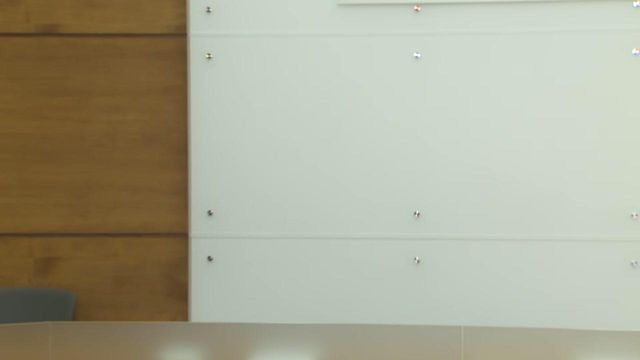Raleigh law firm helps connect families during COVID-19

This article was written for our sponsor, Whitley Law Firm.
Phone calls, FaceTime, Zoom and other forms of video conferencing and telecommunication with families and friends have become a way of life for many during COVID-19. However, for those living in nursing homes and assisted living facilities, the simple act of seeing loved ones is often a challenge.
Facilities have limited, if any, equipment and initiating or receiving video calls requires a lot of advanced planning. Additionally, while much of the population has been asked to isolate and social distance regardless of age, facilities with high concentrations of elderly people have been forced to take even more serious precautions to prevent outbreaks for those in this high-risk age category.
According to the Centers for Disease Control and Prevention, a person's risk of getting severely ill from COVID-19 increases as you get older.
Proactively keeping residents safe in assisted living and long-term care facilities has required many establishments to enforce strict visitation policies and other protocols, sometimes leaving elderly residents with feelings of isolation.
"My grandmother is 96 years old and lives in an assisted living facility in Greenville. Early on in the pandemic, I got her an Amazon Echo device and realized it was a great way to connect with me and her other grandkids while she had to stay in place with no visitors. It was a really good way to get our faces in front of her," said Ben Whitley. "I thought that it would be a great idea to offer the same type of teleconferencing equipment for people in similar situations to use during the pandemic."
As the grandson of someone living in an assisted living facility, Whitley has a personal connection to elderly people in these isolating situations, but the personal injury attorney also has a professional connection to the older population as well.
As a partner at Whitley Law Firm in Raleigh, Whitley and his colleagues often handle cases involving elders in the community. During this uncertain time Whitley Law Firm wanted to ensure older citizens have the best physical and emotional care possible.
Whitley's idea of donating devices was perfectly aligned with its charitable efforts as the firm took part in the sixth annual Injury Board Day of Action. The Injury Board is a professional association of trial attorneys in the United States and United Kingdom who lend their time, talents and resources to expand the efforts of grassroots organizations.
Injury Board Day of Action is a collaborative effort by America's leading plaintiff's attorneys to make a difference in their local communities.
As part of its Injury Board Day of Action efforts, Whitley Law Firm partnered with Wake Assisted Living Memory Care in Raleigh and purchased the facility four Amazon Echo Show devices to be delivered to residents. The donation of these devices will help keep residents connected with loved ones in what, for many, is a lonely time.
"We think it's very important, especially for those that are most vulnerable to isolation and social distancing restrictions like residents in care facilities, that they have the ability to interact with their family and loved ones," said Whitley. "Seeing and talking to friends and family can really stave off loneliness, feelings of depression and isolation. At older ages, every moment is particularly precious and this population should still be able to virtually socialize just like the rest of us."
This article was written for our sponsor, Whitley Law Firm.











